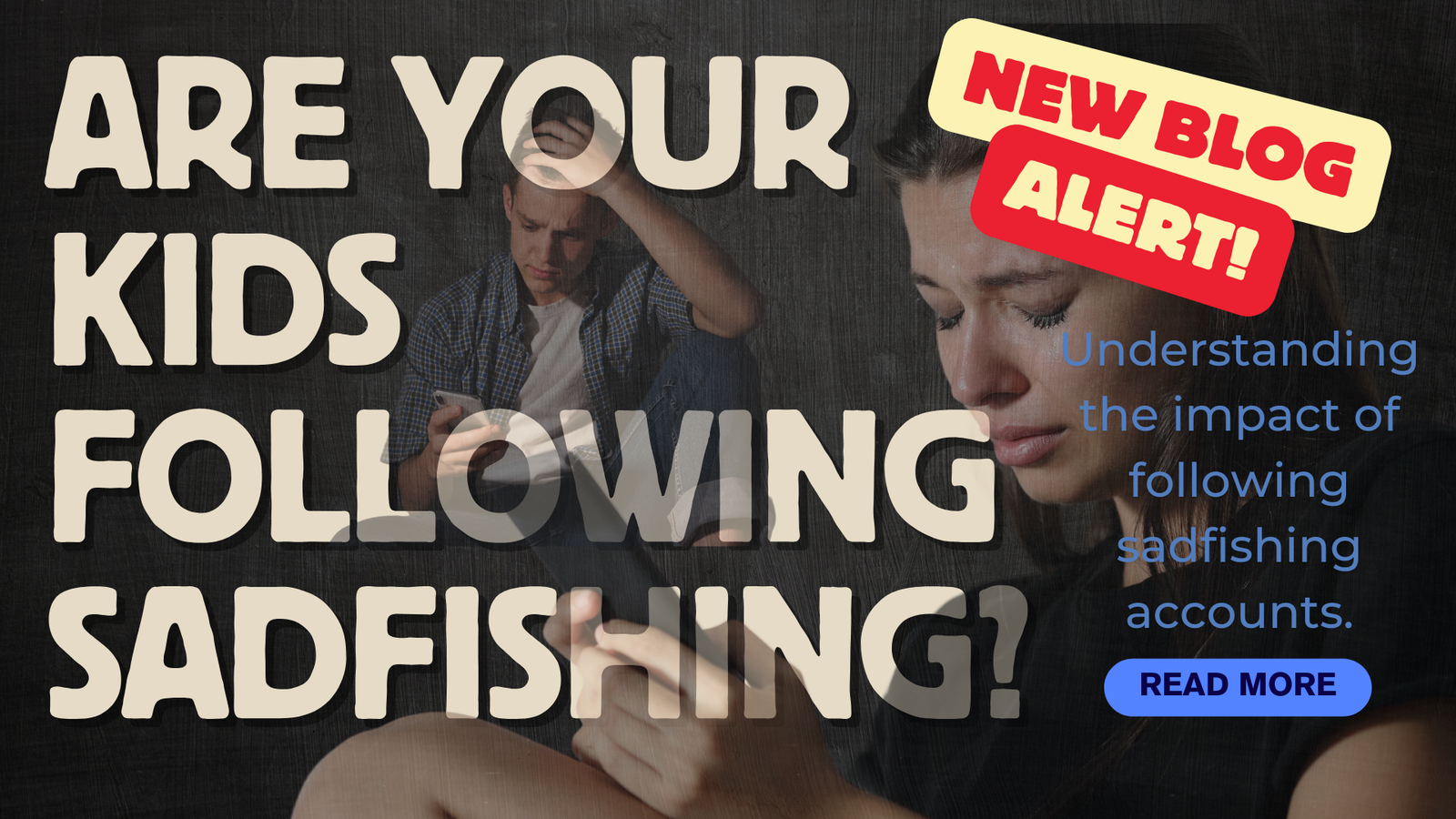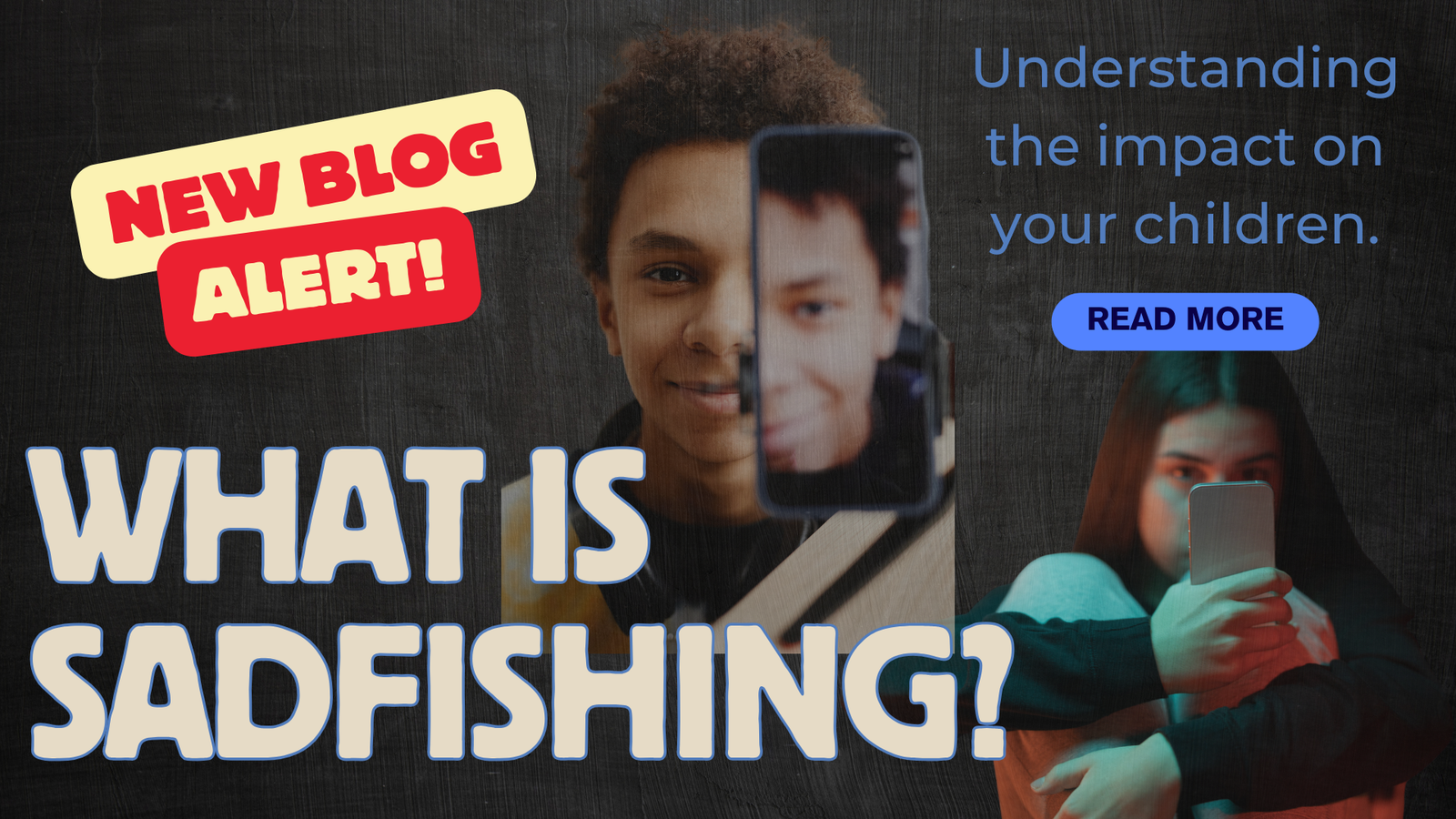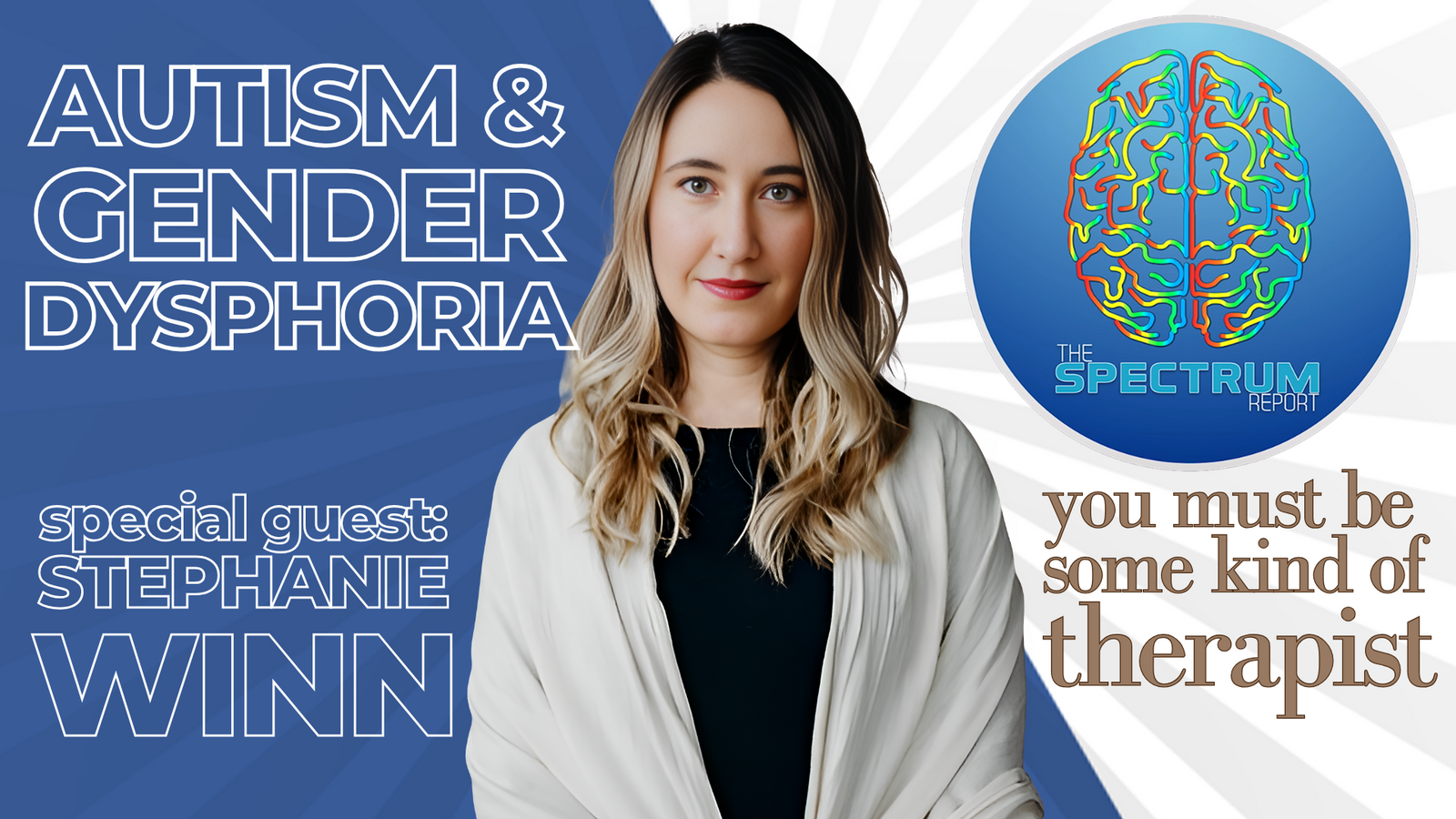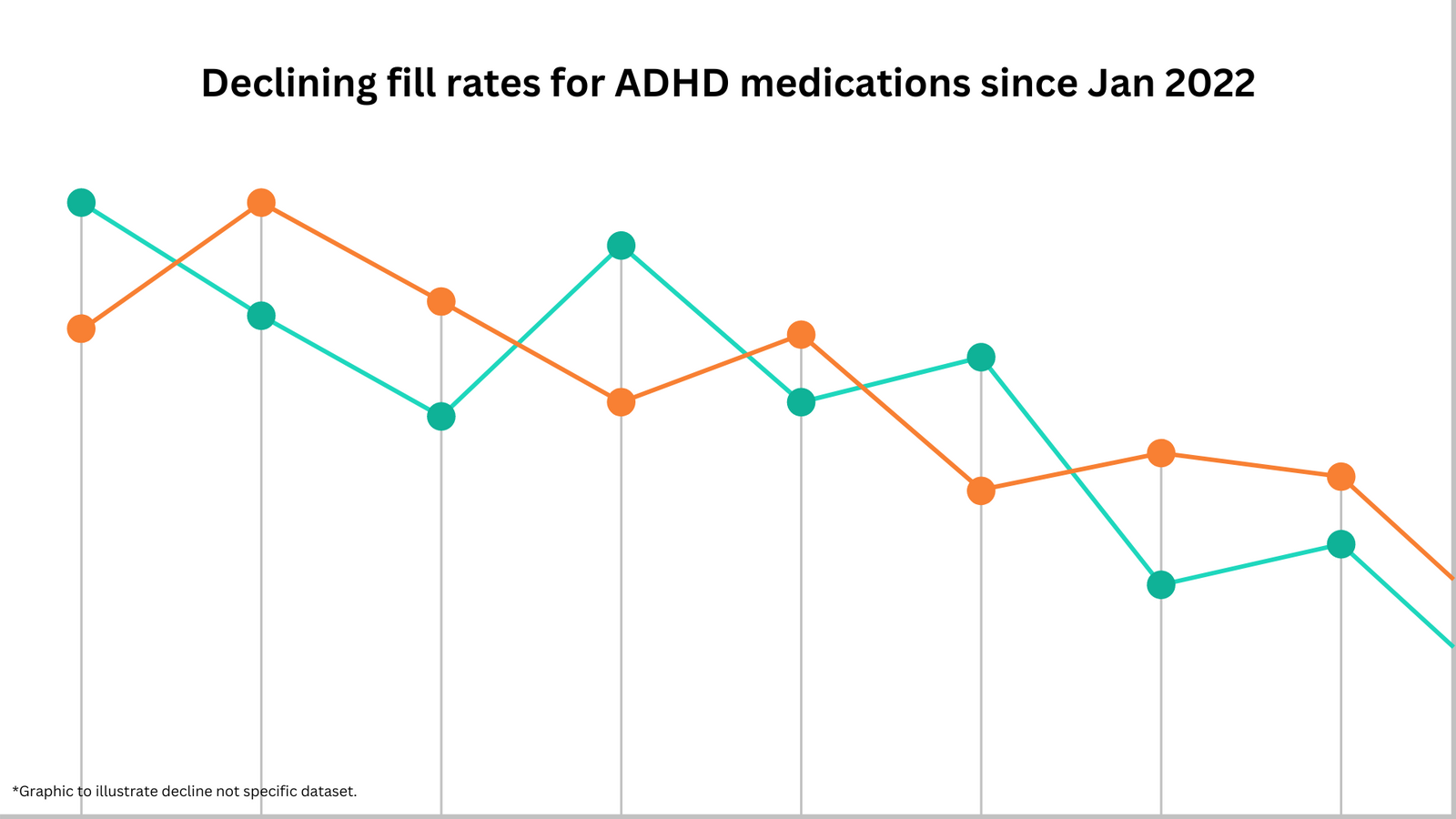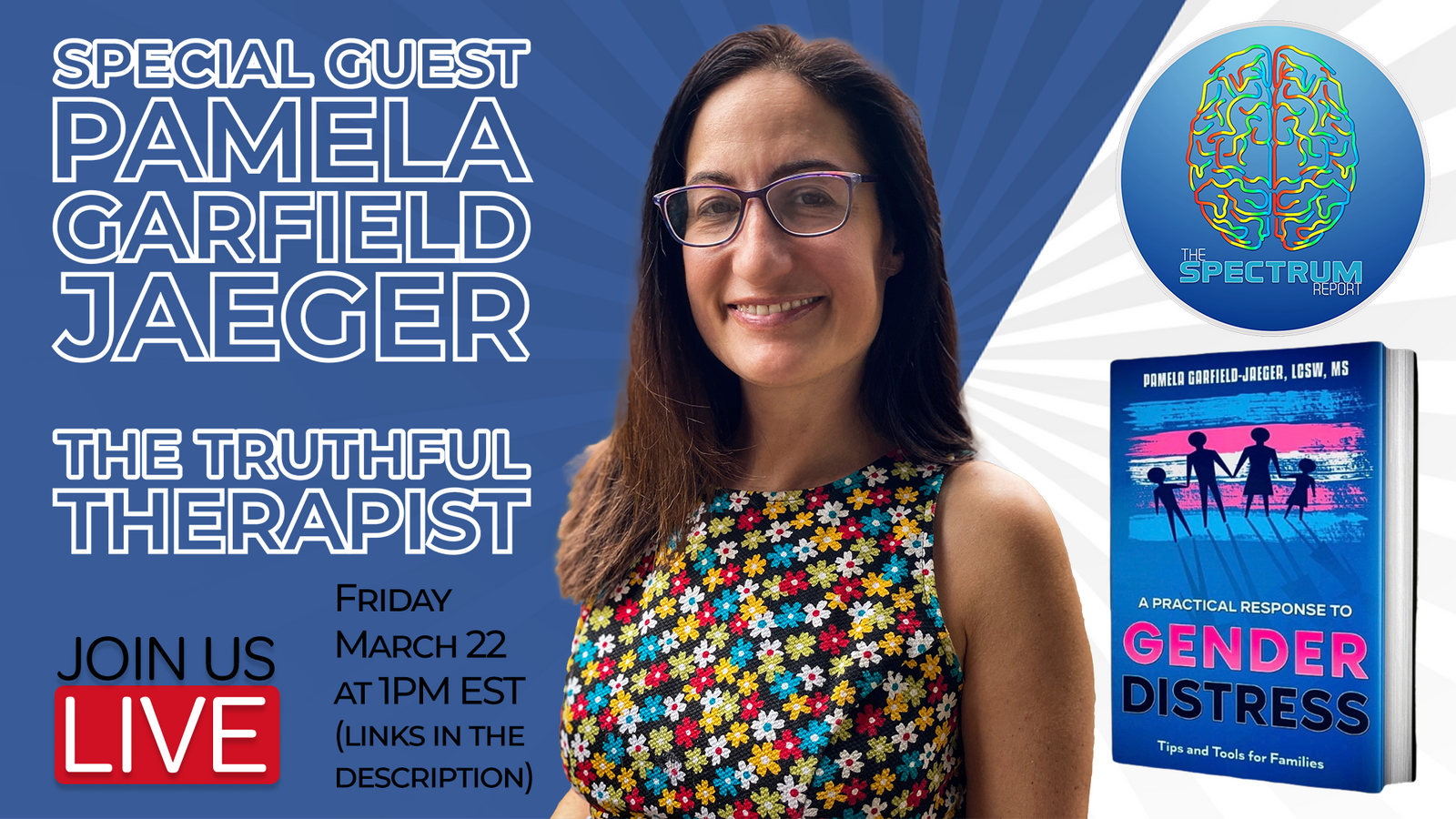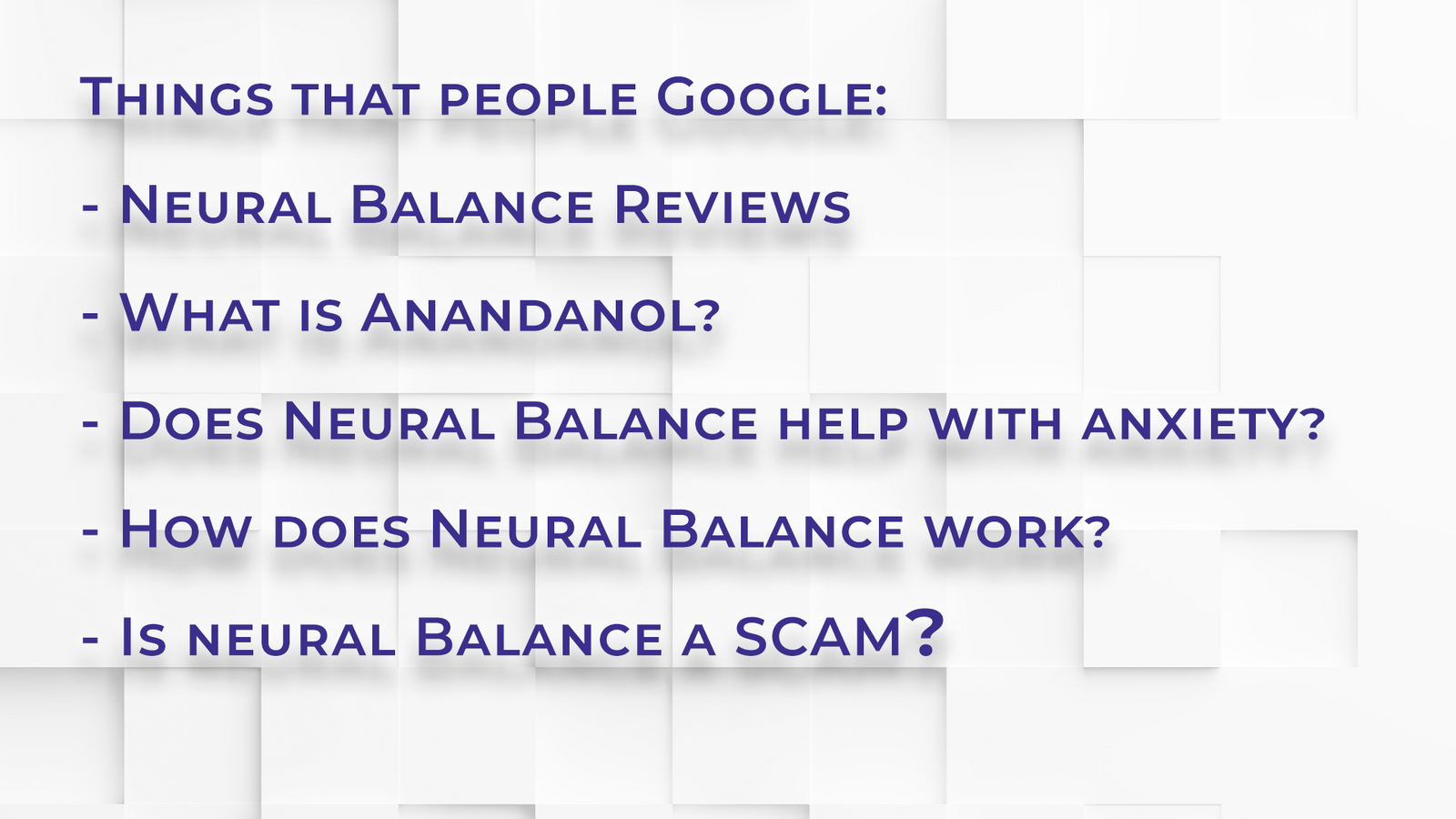Parenting
Beyond IQ scores, researchers are investigating links between fluoride and behavioral disorders like attention deficit hyperactivity disorder. ADHD is a complex condition, but environmental toxins are one suspected contributor – and fluoride has emerged as a potential culprit. In 2015, an ecological study examined ADHD rates across U.S. states in relation to water fluoridation levels. The results were striking: states with more fluoridated water had significantly higher ADHD prevalence, even after adjusting for socioeconomic differences.
In our previous blog post, we explored the concept of "sadfishing" and how it can be a sign of deeper emotional struggles in children. While it's crucial to recognize and address sadfishing behaviors, it's equally important to understand the implications for those who consume this content. The audience or followers of individuals who engage in sadfishing can also experience negative effects, making it essential for parents and caregivers to guide their children on both ends of this spectrum.




